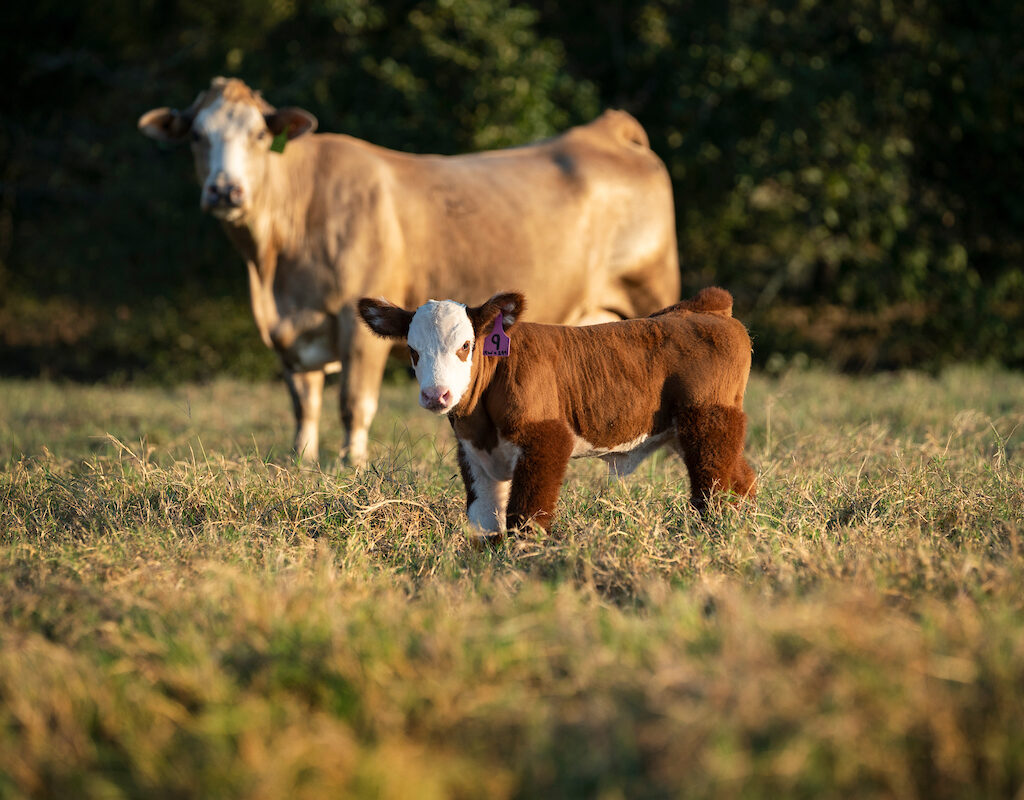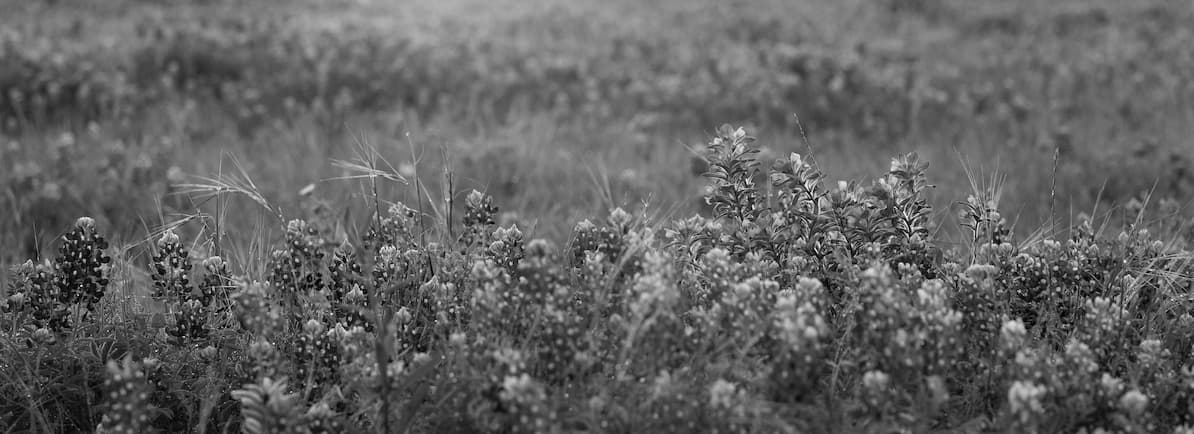Livestock & Poultry
We provide a wide array of research-based resources, educational programming and expert advice covering topics from animal care and production to best environmental practices for livestock, including poultry, dairy and beef cattle, horses, pigs, sheep and goats.
Related Departments: Animal Science, Entomology, Rangeland, Wildlife and Fisheries Management

Texas A&M Veterinary Medical Diagnostic Laboratory
The Texas Veterinary Medical Diagnostic Laboratory, TVMDL, includes four diagnostic laboratories serving veterinarians, livestock producers and government agencies.

Learn About
Livestock & Poultry
Publications
Programs
Courses
All Resources on Livestock & Poultry
- Publication
Esta publicacion explica como se transmiten las enfermedades y como los productores lecheros pueden establecer programas de prevencion con practicas adecuadas de bioseguridad. Las tablas enumeran las enfermedades comunes del ganado lechero y las formas en que se tratan. (8 paginas)
- Publication
Various medicines are used in show market livestock and poultry, but exhibitors must ensure that the carcasses do not contain illegal residues of drugs, chemicals, and feed additives. Only approved substances should be used. Illegal uses of drugs in animals are explained. (2 Pages)
- Publication
This publication explains how proper nutrition and feeding management can improve the athletic performance of an arena horse. (16 pages)
- Publication
Horse owners must decide whether their young horses will be fed for moderate or rapid growth. One concern is the occurrence of bone and joint disorders in young horses that develop rapidly. Research has shown that this and other problems can be decreased by ensuring that young horses receive proper nutrition. Specific recommendations are included […]
- Publication
There are many advantages to hosting an online, or virtual, horse show. Many contestants may prefer this style of show due to its convenience factor and money-saving benefits. This publication provides helpful tips on hosting a virtual horse show, including regulations, fees, judging, participation, and awards. (3 pages)
- Publication
This publication details considerations and recommendations for maintaining horse biosecurity and preventing the spread of disease in horses. (1 page)
- Publication
This 1-page publication explains why and how you can use artificial lighting to bring mares into estrus earlier in the season.
- Publication
To perform at optimum levels, race prospects and racehorses in training must be properly conditioned and fed a balanced diet. This publication explains the nutritional requirements and feeding management guidelines needed to produce and maintain racehorses that can perform at their highest levels. (16 pages)
- Publication
Equine piroplasmosis (EP) is a reportable foreign animal disease, so horse owners should be familiar with the symptoms. This publication answers questions about: Diagnosis Vaccination Transport restrictions for affected horses Ways to protect your horses from EP (2 pages)
- Publication
Research has found that farmers and ranchers who use poultry litter to fertilize fields can reduce the harm to local water supplies if they use appropriate management strategies. This publication explains the study's findings on the best combination of litter and commercially available nitrogen fertilizer for corn and wheat. (4 pages)
